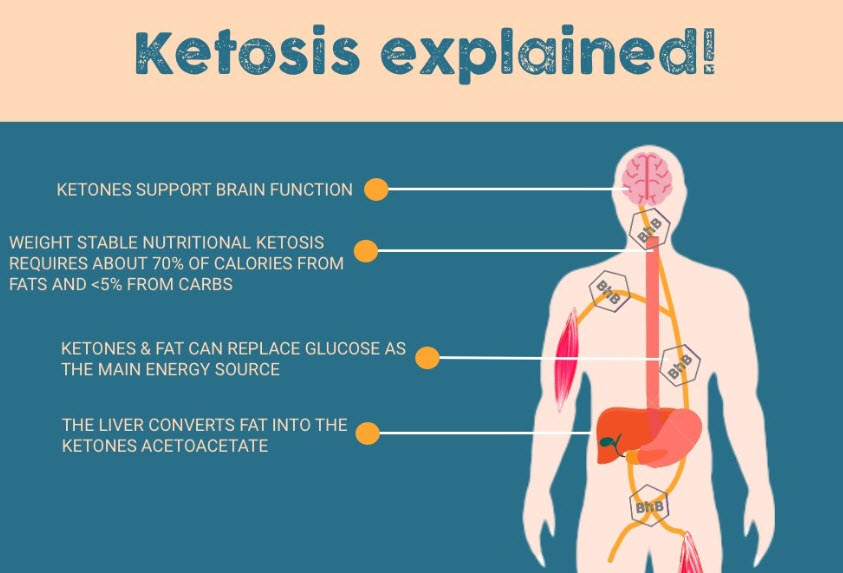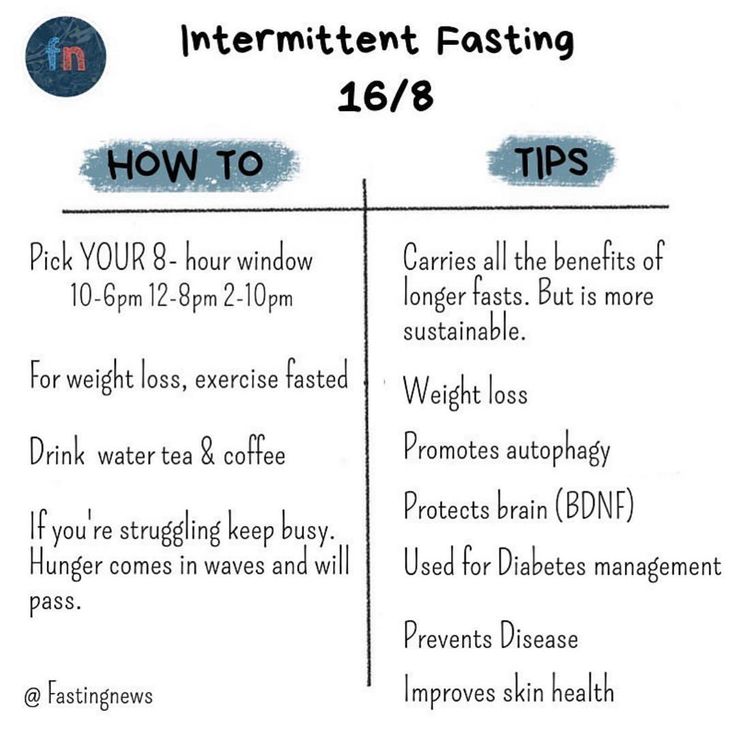
Intermittent fasting can be tough on your appetite, especially if you’re used to eating whenever you feel like it. Luckily, there are ways to manage your hunger and make it easier to stay on track.
For starters, it’s important to get enough sleep. Without adequate rest, your body will produce erratic hormones that can affect your appetite.
How Can Intermittent Fasting Help Me Better Manage My Hunger?
Hunger is a complicated system that involves hormones, physiology, and the psychological response to food. It’s challenging for the body and brain to tell the difference between hunger and thirst, so it’s important to drink enough water during your fasting period to avoid dehydration.
Eating nutrient-dense foods is also important for hunger management, because it helps regulate your blood sugar levels and keeps you feeling satisfied. It’s also helpful to eat foods that are high in fiber, which helps keep your appetite in check and reduces sugar cravings.
Another way to decrease your hunger is to add a few small servings of fruits, vegetables, whole grains and legumes to your meals. These foods are packed with vitamins, minerals and other essential nutrients, which can help your body feel more energized and less hungry.
Exercise has also been shown to curb your appetite by affecting hormones that trigger hunger. It can also help you burn off excess calories, which will make you feel more energetic.
Drinking caffeinated beverages can also aid in hunger control, especially when you’re in the middle of a fast. Unsweetened, calorie-free options like yerba mate, black coffee (or americanos), tea and green tea can help you stay full and fast for longer.
How Can Intermittent Fasting Help Me Maintain a Healthy Relationship with Food?
Intermittent fasting has a lot of benefits, including helping stabilize blood sugar levels, reduce inflammation and support a healthy gut microbiome. It also slashes body fat, supports metabolism and cognitive health and can help keep your heart healthy.
Some studies have even linked inflammation to conditions like arteriosclerosis, diabetes, obesity and cancer. While fasting can't prevent chronic disease, it can reduce inflammation and improve your immune system.
There are many types of fasting, but a common method involves skipping breakfast and eating dinner, then not eating again until lunch the next day. This is called the 16/8 fasting method, and it's a good place to start.
Once you get used to the fasting process, you can try longer periods of time. But don't go too far - it takes your body time to adjust and longer fasts, ranging from 14 to 72 hours, may not be safe for everyone.
It's also important to eat enough food to support your fasting efforts. This means filling your plate with healthy whole foods, such as vegetables, fruits, lean protein and fats. These foods are nutrient-dense and can help you avoid overeating or bingeing on unhealthy junk food after your fast.
How Can Intermittent Fasting Help Me Avoid Overeating?
If you struggle with food addiction, a good intermittent fasting plan can help. Not only can it suppress your appetite, but it can also reduce the cravings that lead to binge eating.
During your fasting periods, it is important to drink plenty of water. This will help your body feel hydrated and satiated, making you less likely to overeat.
Another key to success is to eat a variety of foods that are healthy and filling. Focus on fruits, vegetables, whole grains, lean meats and plant proteins.
When you do eat, choose nutrient-dense options that are high in fiber. These include unprocessed vegetables, fruit, beans, lentils, nuts and seeds.
Aim to eat more protein during your meal periods as well, as this will help you stay fuller longer. However, be sure to avoid high-fat foods or foods that are highly processed, such as fast food or fried foods.
Intermittent fasting is a great way to get started on an effective eating plan that will improve your health and boost your energy levels. But it’s important to keep in mind that, like any diet, it is only one factor in determining your overall weight and body composition.
Frequently Asked Questions
Can you eat as much or as little as you wish while still losing weight through intermittent fasting?
Would you like to eat whatever you want while still enjoying all the benefits associated with intermittent fasting. Yes! Intermittent fasting can be a great way to lose weight while still enjoying your favorite meals.
With careful planning and self-discipline, intermittent fasting can be incredibly effective in jumpstarting your weight loss journey. Plan to include your favorite meals in your diet and tailor your eating times. It's important to consider the size of your meals and how many calories are from snacks, dressings, or other extras.
Balance is the key when it comes intermittent fasting. Studies have shown this. It is not possible to counter the positive effects of intermittent fasting for 16-20 hours each day by eating indulgent foods. Intermittent fasting can help to increase fat burn, reduce hunger signals, improve mental clarity, and improve focus.
Intermittent Fasting is a great solution for anyone looking to change their lifestyle but without giving up what they love! It is possible to eat with purpose and enjoy tasty foods, while drastically reducing calories. You don't have to wait any longer! Get started today to see the amazing benefits of intermittent fasting.
Can I drink water if I am intermittent fasting?
You can still drink water during intermittent fasting. As it helps your body to be balanced, it is essential that you stay hydrated when fasting. It is important to stay hydrated when fasting for long periods of time. Certain vitamins and minerals can be eliminated through sweat and urine. It's also beneficial for digestion and detoxification processes in the body, as water helps flush away toxins from the body. A successful intermittent fasting regimen is dependent on staying hydrated. It should not be ignored!
How much weight can you lose with intermittent fasting in a single week?
Are you wondering how much weight to lose during your weekly intermittent fasting cycles? This requires thoughtful reflection.
The key is to be balanced. Setting too aggressive targets can lead to burnout and injury. Consider lifestyle factors like adequate sleep, hydration, and nutrition when planning your weight loss goals. Although counting calories is a useful tool, it should not be the only focus of your plan.
Also, it is important to know what sort of results are possible. For example, losing more than 1 - 2 kilograms per week may put undue pressure on your body. While trying to lose as little as 1 kilo could produce minimal or no visible results. Body measurements can help track progress other than simply watching the scales move.
Talk to a qualified dietitian or other health professional regularly for support and guidance. A neutral opinion can help you make sure that whatever goals and outcomes you have set for yourself are realistic, safe, and possible with long-term results.
How do you start intermittent fasting?
It can seem difficult to start intermittent fasting. However, it is possible to get started with intermittent fasting by understanding the basics and taking the right steps.
First, choose the type of fasting that you want to practice. There are three main types: the time-restricted diet, the 16/8 method and the 5/2 diet. Time-restricted Fasting means that meals are only allowed during certain hours. The 16/8 Method, however, allows you to eat all meals in an eight-hour timeframe and avoid eating the rest of your meals. The 5:2 diet, which consists of two consecutive days of calorie restriction each week and normal eating on the other days, is the final option.
You can also make sure you have a supply of nutritious foods that are simple to make and quick to eat when you feel hungry. This includes high-nutrient foods like eggs, beans and pulses; healthy oils from nuts, seeds, or olive oil; high fibre carbohydrates like quinoa; and fresh fruits and vegetables that provide your daily dose of vitamins.
You should also plan how you will deal with social pressure while dining out with family and friends. This is especially important for those who live a fast, intermittent lifestyle. Flexibility is important when staying focused on your goals. So, try to include sweet spot meals that give you more satisfaction but don't overcomplicate the work done in the previous weeks and months.
Finally, keep yourself motivated by tracking your results. This includes body weight, waistline, hips, and other pertinent areas. However, don't forget reward yourself for reaching goals.
What are the rules regarding intermittent fasting
Intermittent fasting can be understood by understanding the rules that govern it. Generally, this dietary practice involves limiting your meals or caloric intake to particular days or hours within a given day rather than throughout a regular day-to-day basis.
Intermittent fasting is essentially a way to avoid eating for long periods. Then, you will have periods where you eat and then periods when your body stops eating. The "not eating" can be as simple as calorie restriction, with very few calories consumed on certain days and times. Intermittent fasting is a good choice for improving your mental and physical health. It can lead to increased energy levels, focus and concentration, less inflammation, lower blood sugar levels as well as balanced bloodlipids and lucid dreaming.
You shouldn't jump in to fasting without proper planning and guidance. While these rules may vary depending on which type of fast someone is following (e.g. partial fasts or complete fasts), the basic guidelines for intermittent fasting are: Choose a time frame in which you will eat, choose meals with low glycemicindex, hydrate well, avoid snacking, exercise before and after eating, cycle your fasting periods between one and several weeks, and take plenty of rest.
These tips will help to ensure that you have a successful experience with intermittent fasting.
What can you drink while intermittent fasting is in effect?
Although it is difficult to awaken your palate in the morning, this is possible. You can start your day off right by having a good breakfast beverage, especially considering intermittent fasting.
You need to discover alternatives to sugary and caffeinated juices when trying to break your fast.
Rethinking the conventional wisdom means moving from low-nutrition drinks to high-nutrition options that pack a punch. Try tea steeped with spices like cardamom or flavouring it with ginger or mint, or occasionally adding manuka honey to the ante. Warm tart cherry juice is another great choice, offering both health benefits and delicious flavor.
Coconut water is a great choice for those who need extra energy. It has a refreshing taste, electrolytes and beneficial enzymes that will give you a quick boost without the sugar crash later. Kombucha packs key probiotic advantages in an all natural splash of energy, so you can sip it all day.
You don't have to let hunger control you. You don't need to be thirsty if you have these new breakfast drinks. So enjoy intermittent fasting!
Statistics
- The rigor of fasting also varied, with several studies allowing 25% of regular caloric consumption during fasting periods. (ncbi.nlm.nih.gov)
- IF participants) IF resulted in weight loss, ranging from 0.8% to 13.0% of baseline body weight (Table 1). (ncbi.nlm.nih.gov)
- In 2018, 63.1% of Canadian adults were overweight or obese. (ncbi.nlm.nih.gov)
- When diet composition was controlled, most protocols were consistent with Health Canada and American Heart Association guidelines: 55% carbohydrates, 20% fat, and 25% protein. (ncbi.nlm.nih.gov)
External Links
pubmed.ncbi.nlm.nih.gov
- Intermittent fasting: Does it have a place in diabetes treatment? PubMed Review of the Literature and Guide for Primary Care Physicians - PubMed
- Daily Fasting Improves Health & Survival in Male Mice Independently from Diet Composition or Calories – PubMed
annualreviews.org
nejm.org
- Intermittent Fasting: Health, Aging, Disease Effects
- Calorie restriction with or sans time-restricted calorie intake in weight loss
doi.org
- Nutrients - Free Full-Text
- 24-Hour Fasting With Diabetes: guide for physicians advising patients about medication adjustments prior to religious observances or outpatient surgical procedures - Grajower – 2011 - Diabetes/Metabolism Reviews and Research - Wiley Online Library
How To
Getting started with Intermittent Fasting. A Beginner’s Guide
Intermittent fasting, which involves eating alternately and abstaining completely from food, is a very popular strategy for weight loss and health improvement. There are two main methods of intermittent fasting: the 16/8, which involves fasting for 16 hours before eating during an 8 hour window. And the 5/2 method, in which you eat for five consecutive days but then reduce your calories to 500-600 on the nonconsecutive days.
To get started with intermittent fasting, here are some key steps:
-
Your goals are important: Before you begin any new diet, think about the reasons you want to do intermittent fasting. Also consider what you would like to accomplish. Intermittent fasting can be used to lose weight or improve your overall health.
-
Please choose a method: There are several different intermittent fasting methods, so it's important to find one that works for you. Consider your lifestyle and eating habits before deciding on which method to use.
-
Plan your meals. Once you have decided on an intermittent fasting mode, plan your meals accordingly. If you are using the 16/8 method to fast, plan when and how many meals you will eat during your 8-hour window. For optimal health, fasting requires that you eat high-quality, nutrient rich foods.
-
You need to stay hydrated. It is important that you drink lots of water and practice intermittent fasting. This can help you feel fuller and more satisfied. Get at least 8-10 glasses of water per day. Consider adding in other low-calorie, hydrating drinks like unsweetened coffee and herbal tea.
-
Be consistent: The key to success with intermittent fasting is consistency. Be consistent with your chosen method, but be patient. It can take time to get the results you desire.
Intermittent fasting can help you lose weight and improve your overall health. However it is not for everyone. To determine if intermittent fasting is safe for you, consult your doctor. Intermittent fasting can be a great way to improve your health and lifestyle.
Resources:
 |
[Doctorly Unhinged - EP1] Ozempic Woes, DEBUNKING Intermittent Fasting, and the DANGERS of ManicuresSUBSCRIBE TO OUR PODCAST! https://doctorly.podlink.to/unhinged Is this trending medication that’s been touted to cause dramatic weight loss changing |
 |
The Good Life: Intermittent fasting: Ideal for weight loss?We decode the hype around one of the most popular eating methods for weight loss. Is intermittent fasting for everyone? #thegoodlife #intermittentfasting |
 |
Intermittent Fasting: A Two-Month Experiment. Does It Work? | Talking Point | Full EpisodeAfter drinking sugar-laden bubble tea three times a week for a month for an earlier Talking Point episode, host Steve Chia is ready to lose the weight he |
 |
Intermittent Fasting May Have Health Benefits Beyond Weight Loss | TODAYAccording to an article in the New England Journal of Medicine, new evidence suggests that intermittent fasting could provide many health benefits beyond |
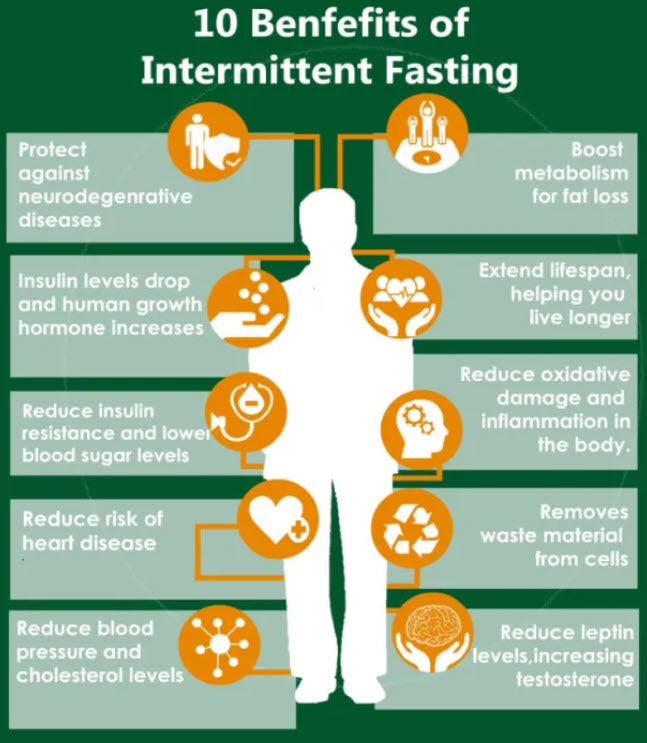 |
Intermittent Fasting For Weight LossWeight loss with Ketosis |
 |
Don’t know whether to cut or bulkDon’t know whether to cut or bulk |
 |
What’s your favorite way to eat chicken?What’s your favorite way to eat chicken? |
 |
Intermittent Fasting TESTED - 30 Day Before & AfterGo to https://NordVPN.com/goalguys and use code GOALGUYS to get a 2-year plan plus 1 additional month with a huge discount. It’s risk-free with Nord’s 30-day |
 |
Intermittent Fasting and Low-Carb DietIf you want to lose weight, try combining intermittent fasting with a low-carb diet. Both methods help you lose fat and control health conditions... |
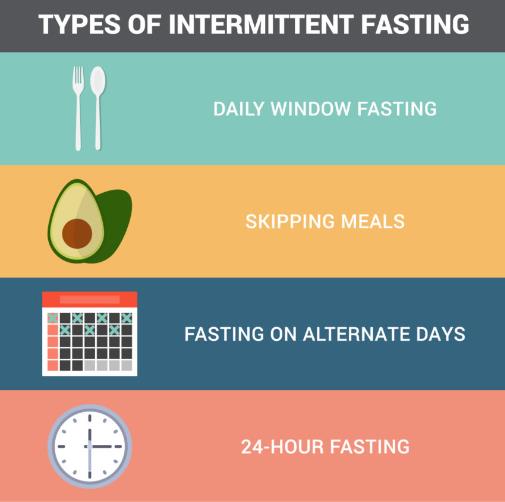 |
Intermittent Fasting For Pregnant WomenWhile intermittent fasting for pregnancy has its benefits, it can also be dangerous. Read on to learn more about the risks and benefits of.. |
 |
Intermittent Fasting Guide for 2022 | Doctor Mike HansenIntermittent Fasting Guide for 2022 | Doctor Mike Hansen Did you know that it's been predicted that by 2030, more than half of the U.S population will be |
 |
How to do Intermittent Fasting: Complete GuideJoin my Email List: https://www.thomasdelauer.com Check out Thrive Market: http://ThriveMarket.com/Thomas Follow More of My […] |
 |
Intermittent Fasting Myths - Top 5 | Jason FungI cover the most important myths about intermittent fasting and why they are not true. Check out my website at https://www.doctorjasonfung.com and blog at |
 |
How Intermittent Fasting Affects Your Body and Brain | The Human BodyStars like Beyonce and Hugh Jackman have spoken out about following intermittent fasting plans to get in shape. How does intermittent fasting work? Here's what |
 |
How Autophagy WorksAutophagy is a dynamic degradation system that promotes tumor survival. It also promotes the growth of established tumors and facilitates metastasis. .. |
 |
How to Start Intermittent Fasting in 2023 - UPDATED INFORMATION & SCIENCEJoin Thrive Market Today to get 30% Off Your First Order AND a Free Gift Worth up to $60! http://ThriveMarket.com/Thomas How to do Intermittent Fasting in |
 |
Intermittent Fasting 8/16You may have heard of the intermittent fasting 8/16 or 12/12 time restriction. This type of fast requires you to go without eating or drinking for.. |
 |
Intermittent Fasting For WomenSide effectsWomen who are looking for a way to lose weight can try intermittent fasting. However, there are several side effects to this type of.. |
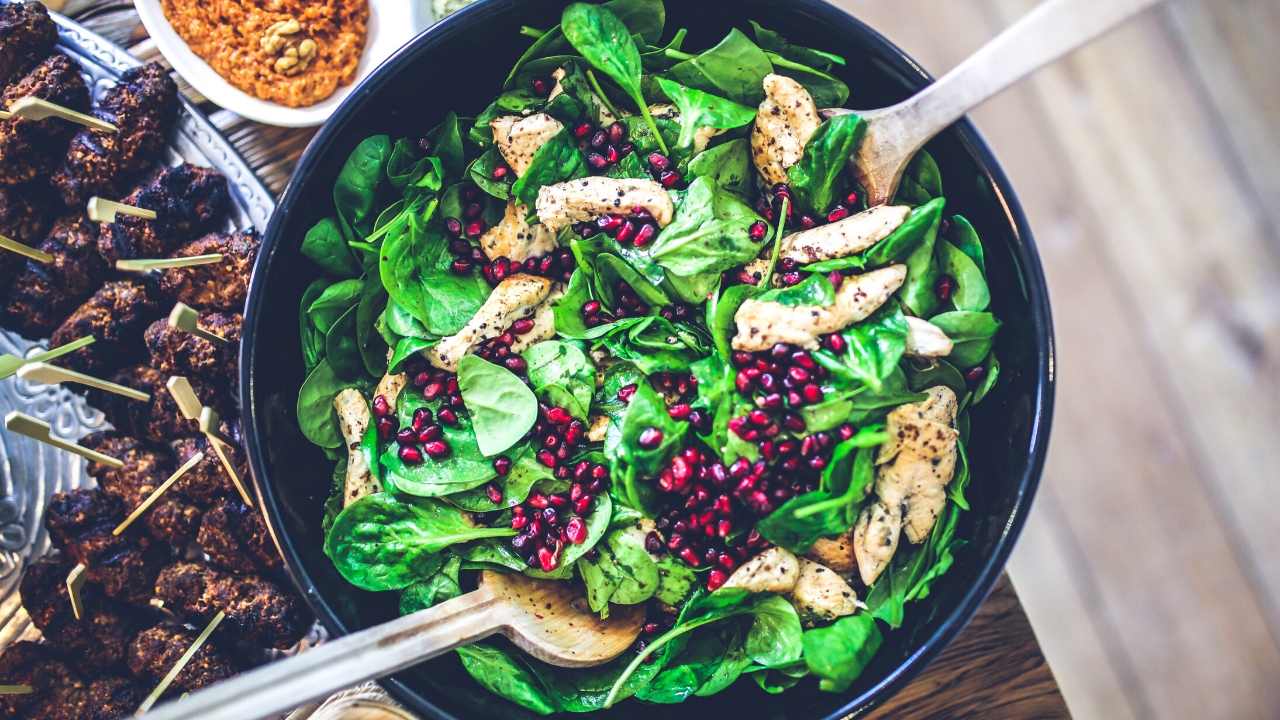 |
How Much Cholesterol in a DayHow much cholesterol in a day depends on a number of factors. While dietary cholesterol is not necessarily bad, excess intake can lead to serious.. |
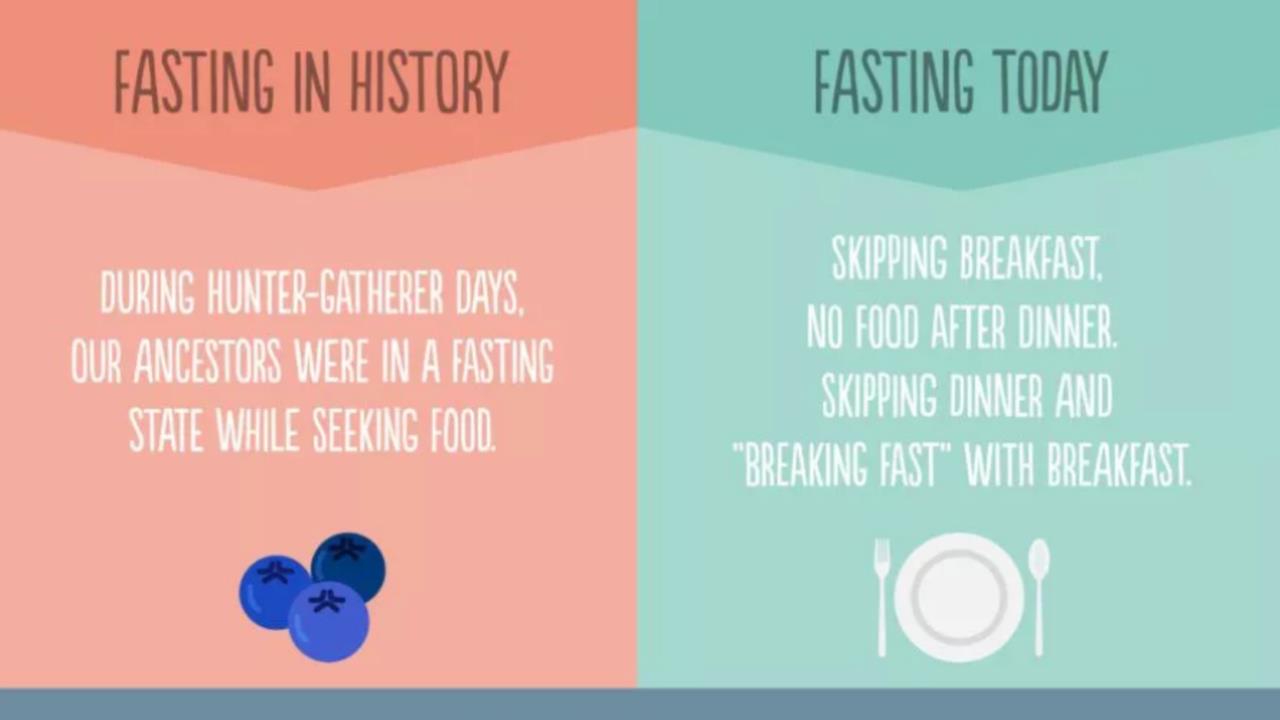 |
Is Skipping Breakfast Right For You?Skipping breakfast has a number of benefits, including the ability to lose weight, improve training performance, and increase growth hormone levels... |
 |
The Benefits of the AIP DietThe AIP diet has a number of health benefits. Besides reducing inflammation and weight, this diet also provides essential nutrients. These include.. |
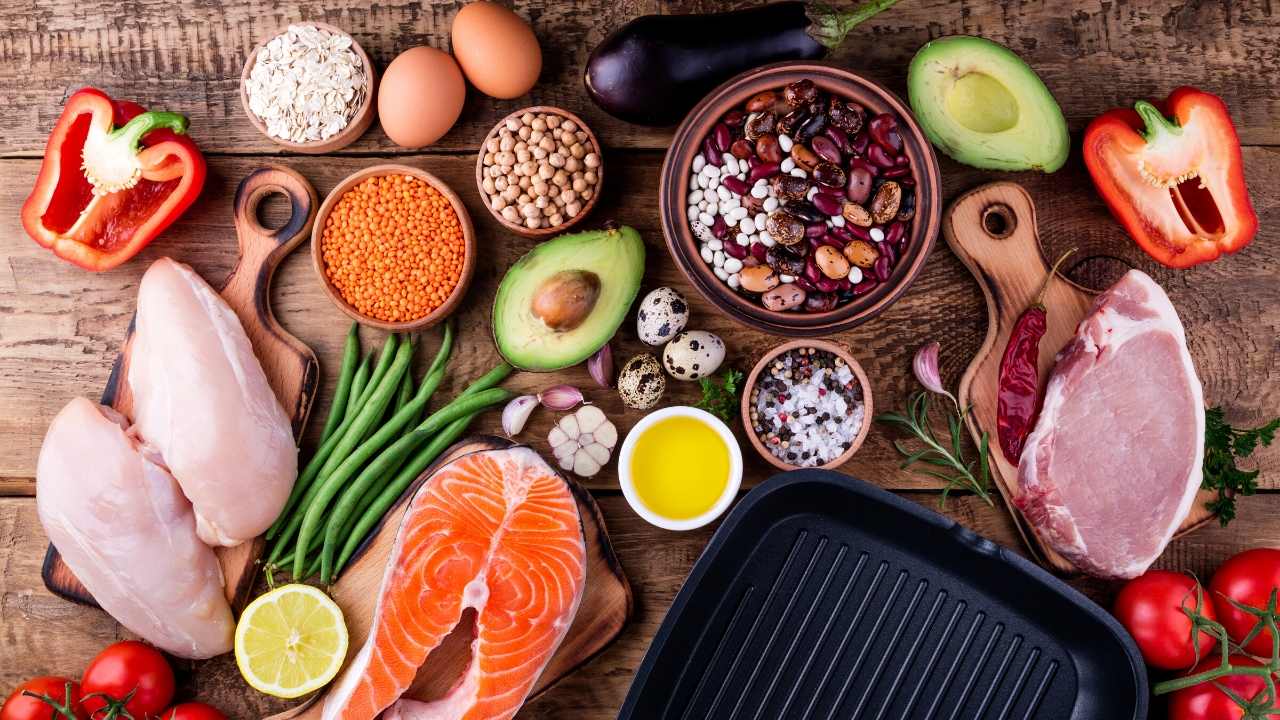 |
Is Eating Only One Meal A Day a Good Idea?Eating only one meal a day is not a good idea, and it is not sustainable for most people. It may help some people lose weight, but for the average.. |
 |
What Are the Side Effects of Water Fasting?Water fasting is a form of fasting, where a person consumes only water during a period of time. It may be undertaken for medical reasons or for.. |
 |
Intermittent Fasting and Blood PressureResearchers have discovered that intermittent fasting may have positive effects on blood pressure. Blood pressure affects the risk of heart disease,.. |
 |
Intermittent Fasting For Weight LossAll you need to know about Intermittent fasting and weight loss |
 |
Is it Okay to Drink Coffee on Intermittent Fasting?You might have heard that it's okay to drink black coffee on intermittent fasting. But did you know you can also enjoy a cold brew? What about.. |
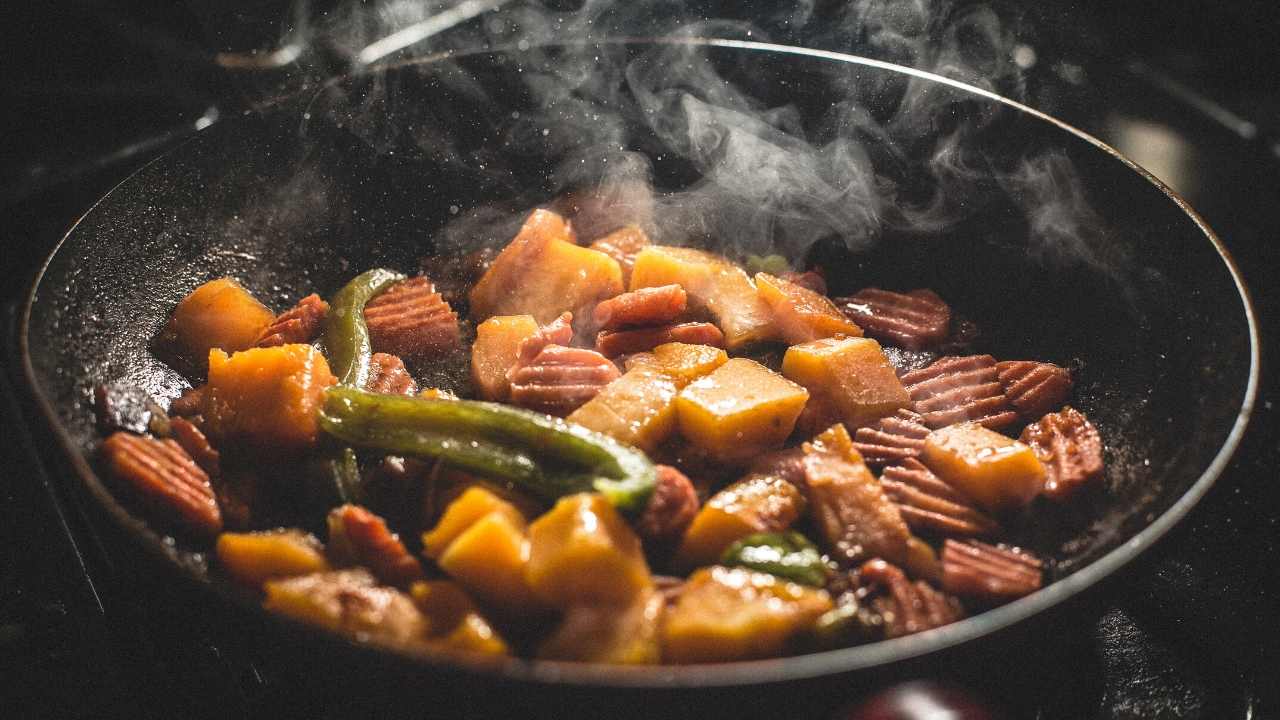 |
How to Start Fasting 48 HoursIf you are considering fasting 48 hours, here are some of the benefits. There are also a few precautions you should keep in mind before you begin. In |
 |
A Psoriasis Diet Can Help Reduce the Severity of Your PsoriasisA psoriasis diet should consist of eating foods that are rich in vitamin A and C, as well as avoiding sugars and processed foods. Avoid eating red.. |
 |
The DASH Diet to Prevent HypertensionThe DASH diet is an eating plan that was developed by the National Heart, Lung, and Blood Institute. It focuses on fruits and vegetables, low-fat.. |
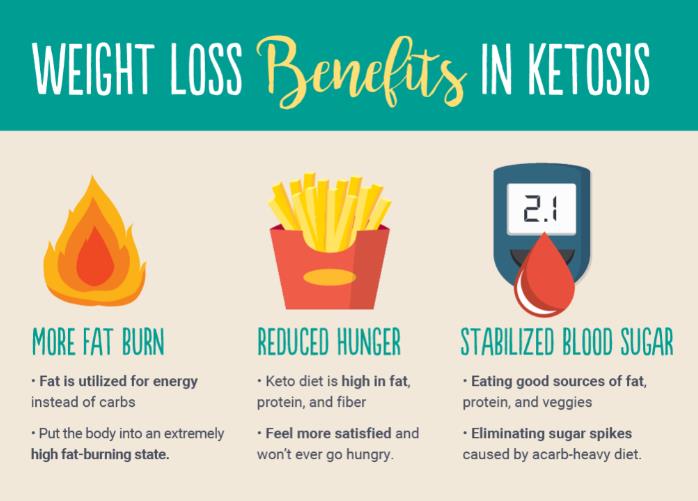 |
LIFE Fasting Tracker - LIFE Apps | LIVE and LEARNThe best, and free, intermittent fasting tracking app for iPhone and Android. Easy to use. Supports all fasting types. Fast with friends. Download for Free. |
 |
Intermittent Fasting AppsIf you're on an intermittent fasting regimen, it's important to keep track of your food and exercise intake. Several apps can help you stay on track.. |
 |
Time Restricted EatingIf you're interested in losing weight or improving your health, you may want to try Time-restricted eating or intermittent fasting. Read on to learn.. |
 |
Reactive HypoglycemiaThere are several different ways to treat reactive hypoglycemia. The first step is to reduce or eliminate your caffeine and alcohol intake. You may.. |
 |
Low-Carb Meal PlansLow-carbohydrate meal plans are based on limiting the amount of carbohydrates you eat. Instead, you replace foods that are high in carbohydrates with |
 |
Intermittent Fasting: What is it, and how does it work?Intermittent fasting involves switching between fasting and eating on a regular schedule. This type of fasting could manage your weight or even some forms of |
 |
How Autophagy WorksAutophagy is a dynamic degradation system that promotes tumor survival. It also promotes the growth of established tumors and facilitates metastasis. |
 |
The 12-Hour Fast - What Are the Benefits of a 12-Hour Fast?The 12-hour fast is a popular dietary approach that can help you lose weight. It forces your body to rely on its stored fats for energy. It has also.. |
 |
Fasting Before Working OutFasting before a workout has its advantages. Not only does it provide more energy during a workout, it can also help with digestion, which can take.. |
 |
Healthy Ways to Lose WeightLosing weight is a great way to improve your health and reduce your risk of certain conditions. It can also reduce your total cholesterol levels and.. |
 |
Intermittent Fasting 101 — The Ultimate Beginner's GuideThis is a detailed guide to intermittent fasting (IF). Studies show that it can help you lose weight, improve health and perhaps even live longer. |
 |
Top Intermittent Fasting AdvantagesThere are many advantages to intermittent fasting as a strategy for weight loss. Intermittent fasting can work with any diet... |
 |
Weight Loss (Low Carbohydrate Diets)Low carb diets have often been used throughout history for weight loss. Although sometimes called a fad, low carb diets have actually more science... |
 |
The Key Factors of Weight LossWeight gain and obesity, like any medical disease, is multifactorial. This means that there are many factors that cause weight gain... |
 |
How Doctors Lose WeightHow do doctors lose weight? For their patients, doctors often advise following standard diets, but when trying to lose weight themselves... |
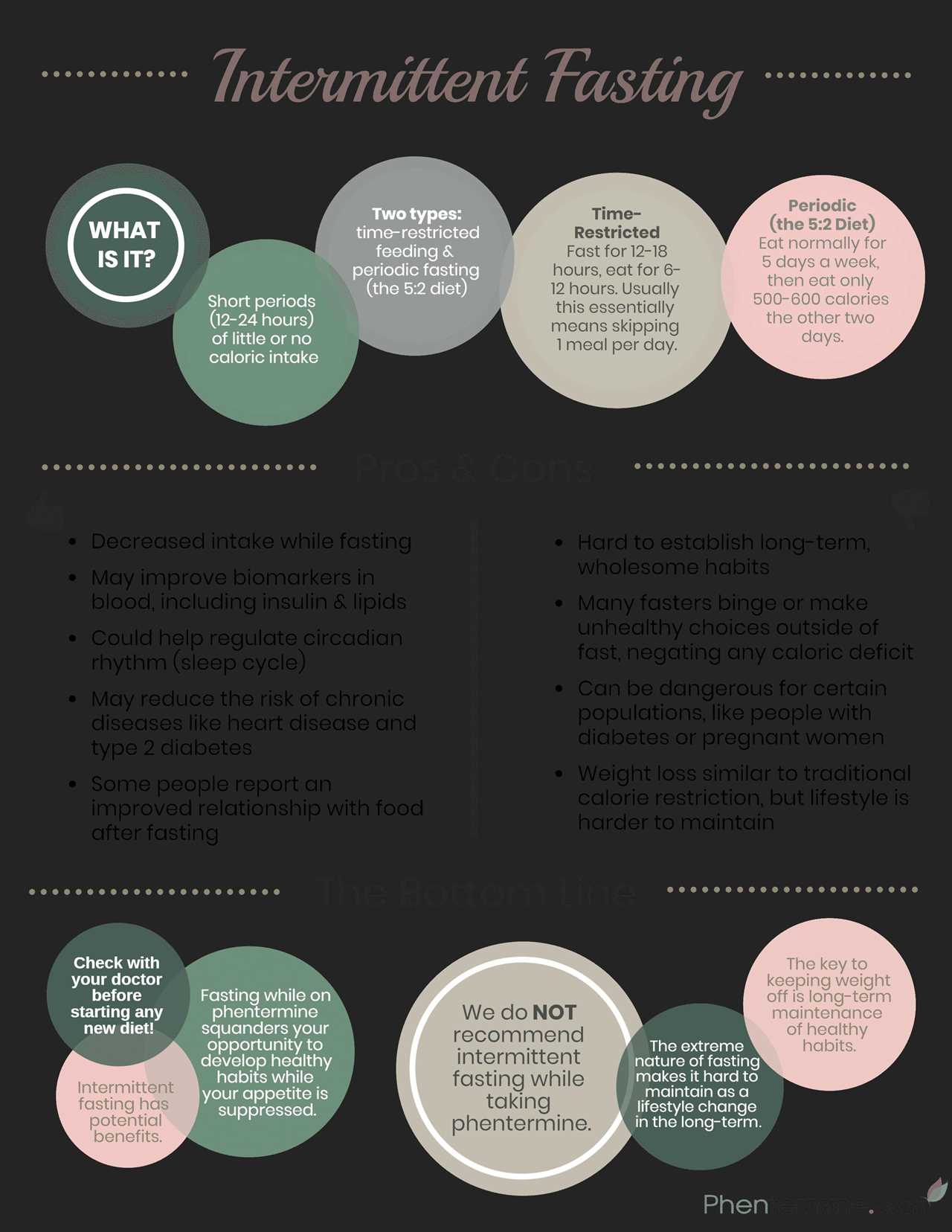 |
Is intermittent fasting good for you?Intermittent fasting isn't new, but it's gaining followers. What's the appeal? |
 |
Vacation Weight Loss PlanWhat is the best vacation weight loss plan? Most people [...] |
 |
Should I (lean-) Bulk or Cut?Should I (lean-) Bulk or Cut? |
 |
100lbs down!100lbs down! |
 |
Calculating the Maintenance calories on workout and rest daysCalculating the Maintenance calories on workout and rest days |
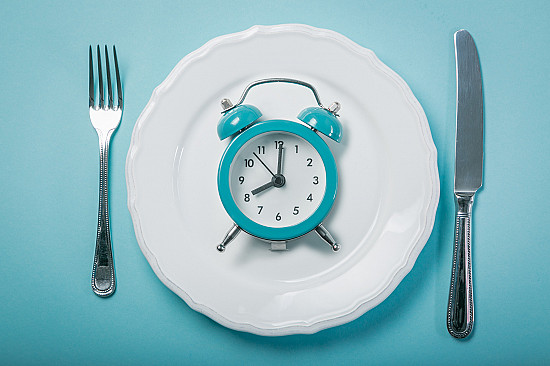 |
Intermittent fasting: The positive news continues - Harvard HealthHarvard research about Intermittent fasting ... |
 |
Rat Model: Intermittent Fasting Normalizes High Blood Pressure Induced by Harmful Intestinal BacteriaPrevious studies have shown that a harmful combination of gut bacteria can cause high blood pressure (hypertension) in humans and other animals. Having a |
 |
Your D-I-E-T Meditation PlaylistIn my TEDx talk, I suggest recasting the noxious word “diet” into D-I-E-T — a reminder to ask ourselves “Did I Enrich Today?” One of the ways we can enrich…The |
 |
Holiday Health (Damage Control)With the holidays on us, maybe your intermittent fasting schedule isn’t as rigorous as it once was. That’s not necessarily a bad thing, because social |
 |
You Got a Zero.Zero’s not been my hero. Through grade school and college, zeroes used to be something of a monster in my mind. Teachers illustrated just how bad a zero is |
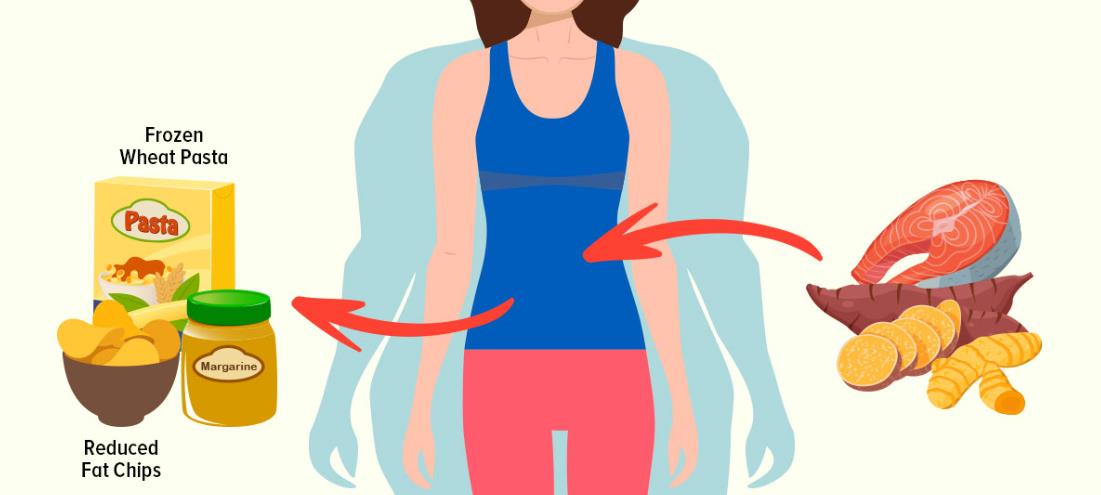 |
Six ways to do intermittent fasting: The best methodsIntermittent fasting is an increasingly popular diet option for weight loss. There are several programs, but this guide can help you find out which one is |
 |
Intermittent Fasting ExperiencesI took part in an energetic discussion of intermittent fasting experiences as part of the release of Women Action Takers Who Gained By Losing for which I wrote |
 |
How to Break a Fast: What to Eat After FastingHow to Break a Fast: What to Eat After Fasting Written by Stephen Anton PhD on May 15th, 2022 How to break a fast? This is an excellent question and one |
 |
How to Believe in Yourself: 10 Tips for Becoming Your Best SelfHow to Believe in Yourself: 10 Tips for Becoming Your Best Self Guest Post by William Anton PhD on June 12th, 2022 William D. Anton, Ph.D is a renowned |
 |
36-Hour Fast (Monk Fast): Everything You Need to Know36-Hour Fast (Monk Fast): Everything You Need to Know Written by Stephen Anton PhD on July 5th, 2022 The 36-hour fast is a challenging fast in that it |
 |
Diet A to Z: Intermittent FastingThe two-day-a-week diet: How intermittent fasting can help you lose weight and boost your health. |
 |
18/6 Intermittent Fasting: Is It the Right Plan for You?18/6 Intermittent Fasting: Is It the Right Plan for You? Written by Stephen Anton PhD on November 29th, 2022 Intermittent fasting has become one of the |
 |
20/4 Intermittent Fasting: The Pros and Cons of a Longer Fast20/4 Intermittent Fasting: The Pros and Cons of a Longer Fast Written by Stephen Anton PhD on January 25th, 2023 There are so many different approaches to |
 |
Everything you need to know about the OMAD dietThe one meal a day (OMAD) diet is a type of time-restricted eating intermittent fasting protocol that involves—you guessed it—eating just one meal a day and |
 |
The ultimate guide to intermittent fasting 20/4When we’re trying to lose weight, we usually think about what we can and can’t eat. Bye-bye beer and burgers. Helloooo carrots and kale! But with intermittent |
 |
The Flexitarian Diet — A Beginner’s Guide by SimpleFrom workouts to working hours, most of us enjoy a little flexibility. So it’s no wonder that when it comes to what we eat, a little wiggle room goes a long |
 |
The Mediterranean diet for weight lossPeople have loved the Mediterranean diet for many years. It’s not a “weight loss diet,” per se. It’s just how people in places close to the Mediterranean Sea |
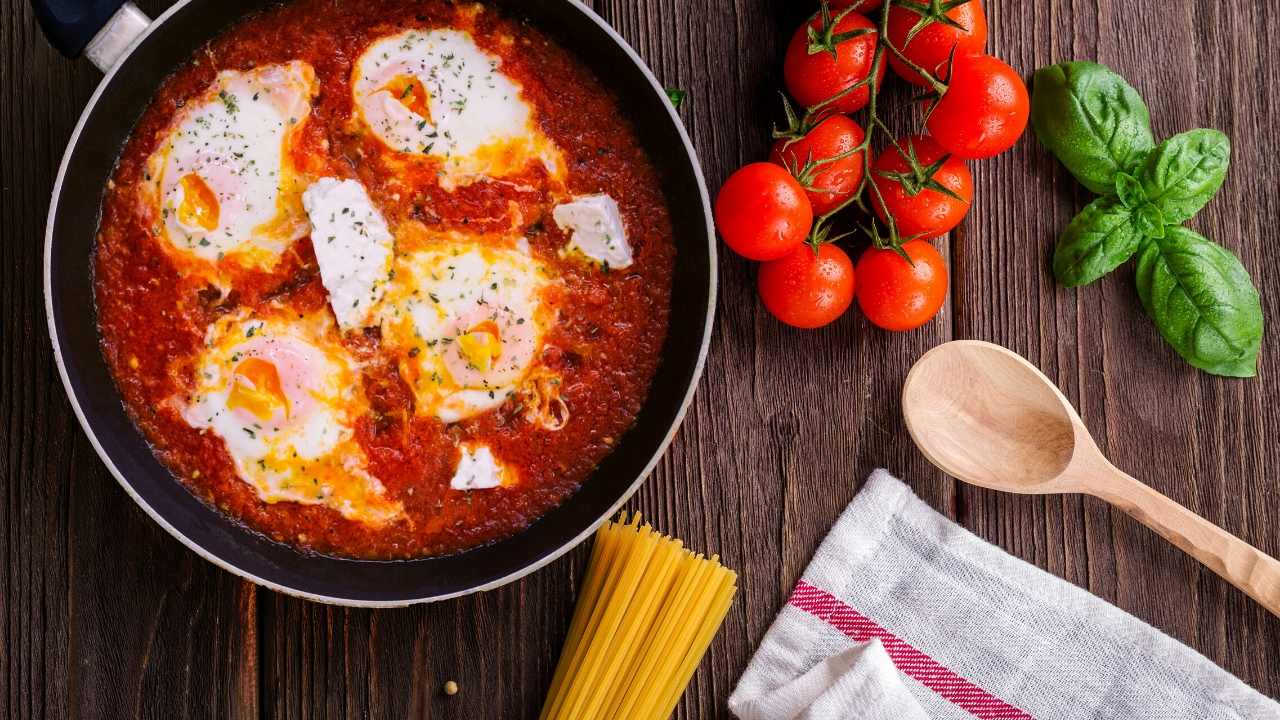 |
The complete guide to 18/6 intermittent fastingIntermittent fasting (IF) regularly shows up as many health-seekers’ go-to eating plan, and for good reason. Research suggests that it could have a profound |
 |
The Impact of Different Drinks during Intermittent Fasting: Benefits, Downsides, and ResearchA common dietary strategy called intermittent fasting (IF) alternates between periods of fasting and eating. Apart for water, black coffee, and tea, people |
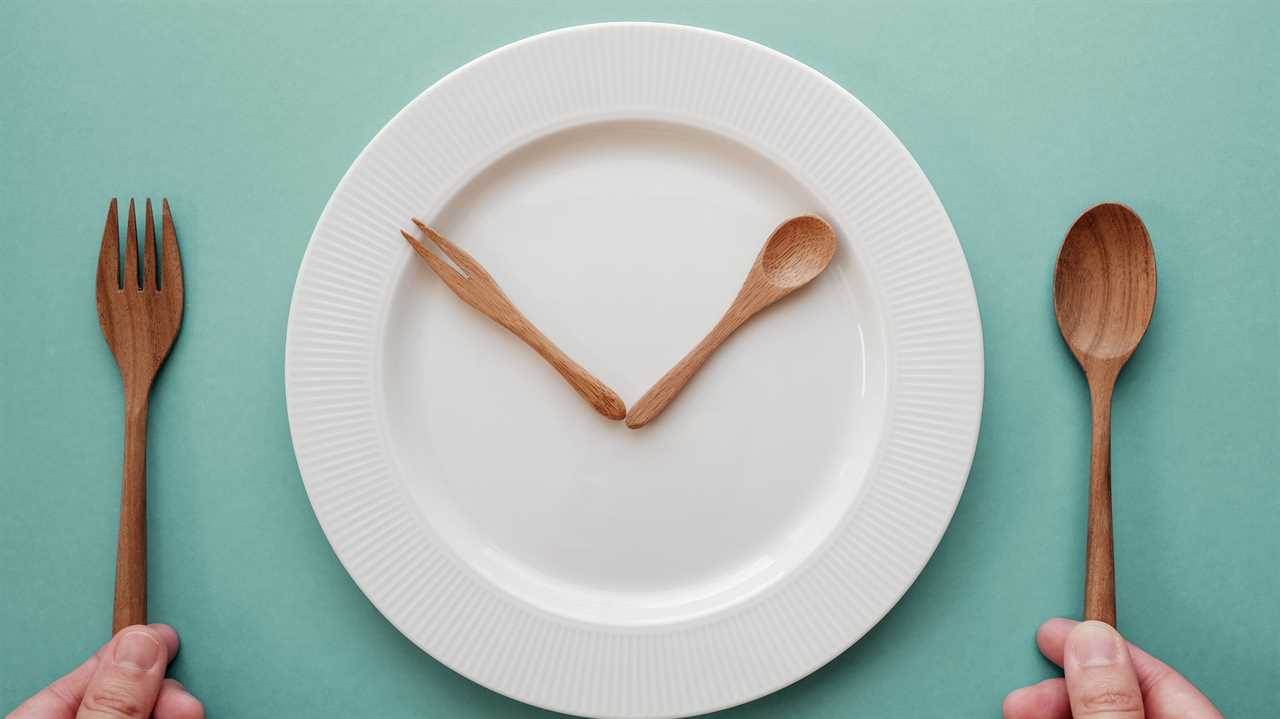 |
Intermittent fasting (IF): Your complete guide - Diet DoctorIntermittent fasting is popular, effective, and easy. This guide tells you how to get started with a successful intermittent fasting routine. |
 |
Intermittent Fasting and Muscle Gain: Benefits, Downsides, and ResearchA common dietary strategy for people who want to increase their muscle mass while also aiding fat loss is intermittent fasting (IF). Although IF has mostly |
 |
Burning Belly Fat: Intermittent Keto vs Intermittent Fasting – Which is More Effective?Visceral fat, commonly referred to as belly fat, is the fat that builds up around the midsection and is associated with a number of health issues, such as |
 |
When you’re ill, is intermittent fasting safe? Precautions and considerations.Those who want to reduce weight, get healthier, or even live longer are increasingly following the trend of intermittent fasting. Yet if you’re sick, you might |
 |
When Intermittent Fasting Stops Working: Reasons, Solutions, and EffectivenessRecently, intermittent fasting has become more well-liked as a technique to reduce weight, enhance general health and longevity, and even improve mental |
 |
5 Intermittent Fasting Methods, ReviewedIntermittent fasting comes in many shapes and forms. This article reviews its pros and cons so you can decide if it's worth a try. |

